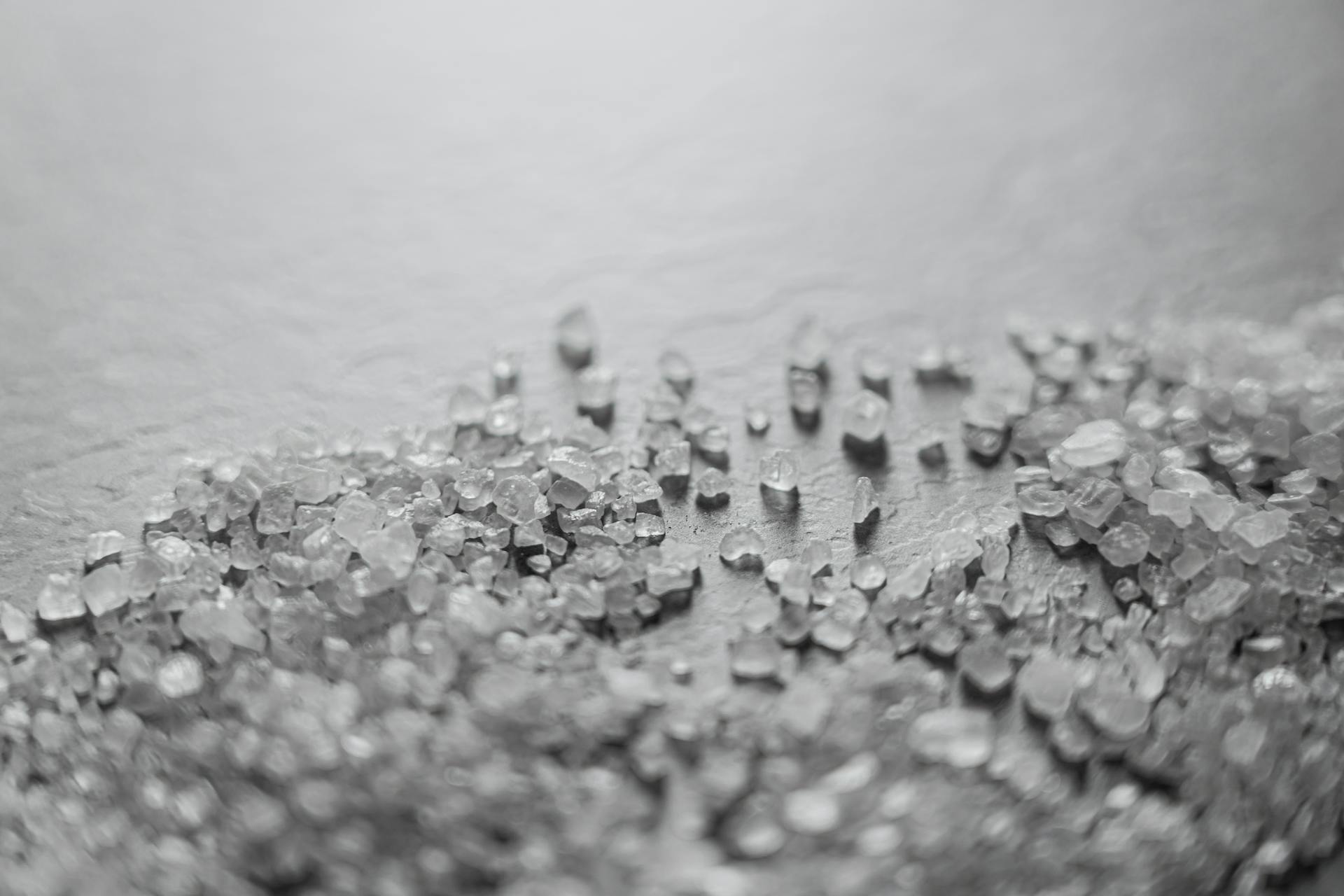In the modern world, where diets, attention to your health and conscious consumption of products play a huge role, there is always something that you can still test yourself or limit. For example, some completely refuse sugar, fat, flour and other things, but what about salt? Can we completely refuse it, or will it rather harm?
How Salt Functions in the Human Body
On a cellular level, sodium ions are essential for maintaining the electrochemical gradient across cell membranes, a process that underpins everything from heartbeat regulation to nutrient transport. The human brain, muscles, and heart depend on precise sodium concentrations to function efficiently.
During periods of high physical exertion, or in hot climates, sodium is lost through sweat, making its replenishment even more critical. A complete lack of dietary salt would disrupt this balance, leading to consequences that are often underestimated in wellness trends advocating "zero sodium" diets.
What Happens If You Completely Eliminate Salt?
First Week
-
Mild symptoms: fatigue, dizziness, headaches
-
Decreased blood pressure due to loss of water retention
-
Possible mild cramping from electrolyte imbalance
Weeks 2–4
-
More pronounced muscle weakness and lethargy
-
Difficulty concentrating due to suboptimal nerve function
-
Salt cravings, particularly for savory foods
After 1–3 Months
-
Risk of hyponatremia (low sodium levels in the blood)
-
Signs: confusion, nausea, vomiting, muscle spasms
-
In extreme cases: seizures or fainting
6 Months to a Year
-
Chronic hyponatremia may cause:
-
Bone demineralization
-
Increased risk of insulin resistance
-
Persistent mental fog and cognitive fatigue
-
Long-Term (>1 year)
-
Potential for endocrine disruption, particularly related to adrenal function (aldosterone regulation)
-
Compromised immune function
-
Weakened muscular performance and endurance
In essence, while the body can adapt to a lower-than-average sodium intake, it cannot function well without any. Even diets of traditionally low-sodium cultures (e.g., Japan before industrialization) contained sodium from natural sources like seaweed or fermented foods.
Is There a Golden Mean?
The World Health Organization recommends less than 5 grams of salt per day (approx. 2 grams of sodium). However, this is not zero. The goal is to avoid excess sodium, not eliminate it entirely.
Too little salt is as harmful as too much, especially for individuals who:
-
Exercise heavily
-
Live in warm/humid climates
-
Follow plant-based or low-processed diets (naturally low in sodium)
For many, the ideal intake is between 3 to 5 grams of salt daily, depending on lifestyle and individual needs. This provides enough sodium for physiological stability without increasing risks of hypertension or cardiovascular issues.
How to Balance Salt Intake Organically
1. Use Whole Food Sources of Sodium
-
Seaweed, celery, beets, and chard contain natural sodium.
-
Fermented foods like miso, kimchi, and sauerkraut supply moderate salt while supporting gut health.
-
Use natural mineral-rich salts (e.g., Himalayan, Celtic) in very small amounts — they offer trace minerals not found in table salt.
2. Cook from Scratch
-
Industrial food is responsible for 70–80% of excess salt intake.
-
Homemade meals allow full control over sodium content.
-
You can enhance flavor with herbs, acids (vinegar, lemon), garlic, and umami sources instead of relying on salt.
3. Listen to Your Body
-
Craving salty food may signal real need (e.g., after sweating, stress, fasting).
-
If you're eating clean, mostly whole foods, your salt sensitivity improves, making small amounts more noticeable and satisfying.
4. Avoid Going to Zero
-
If removing added salt, ensure your meals include electrolyte-supporting foods (avocados, leafy greens, nuts).
-
Consider a tiny pinch of salt in water before/after exercise, especially if you're prone to dizziness or fatigue.





Comments
Post a Comment